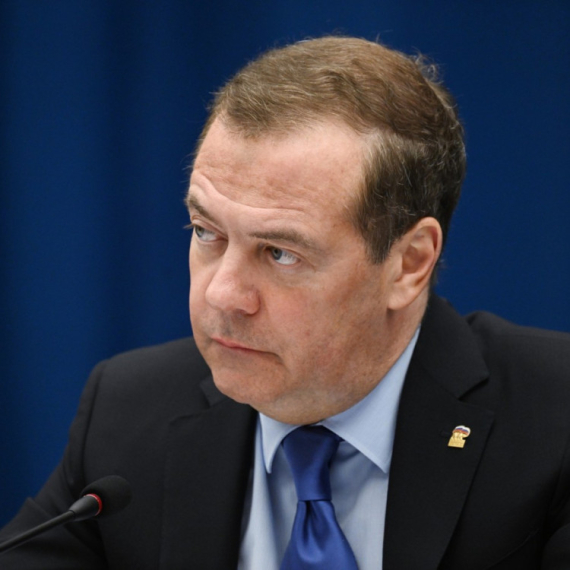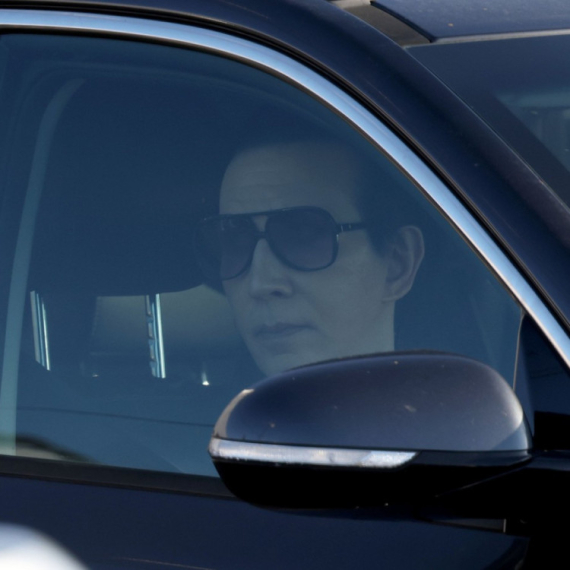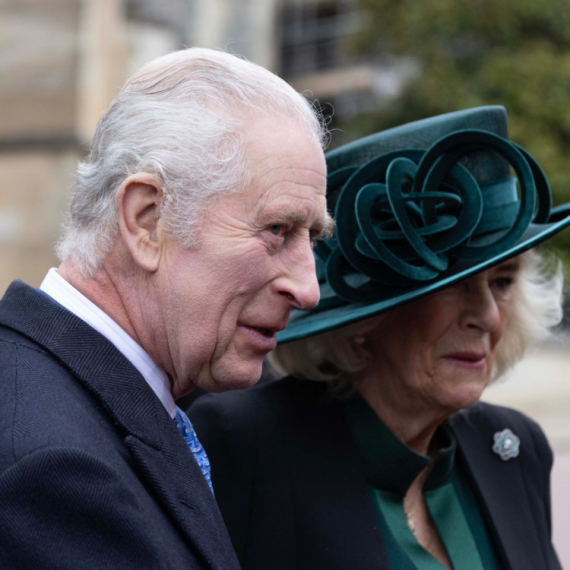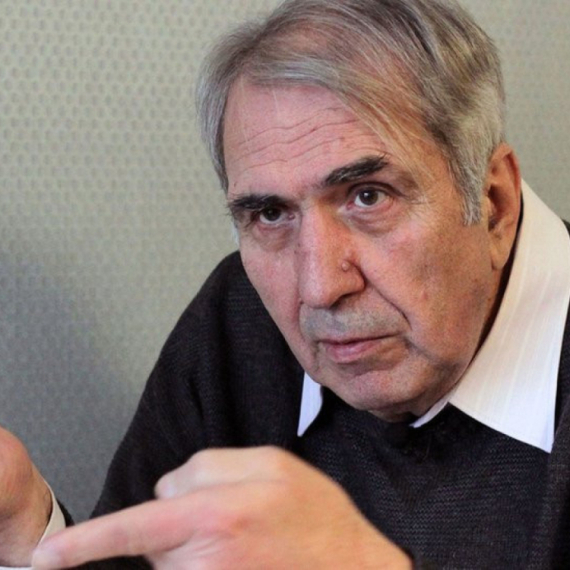Dinkić criticizes Bosnian law
Economy Minister Mlađan Dinkić has criticized a new Bosnian law for the protection of domestic products, stating that it violates the CEFTA agreement.
Friday, 19.06.2009.
16:54

Economy Minister Mladjan Dinkic has criticized a new Bosnian law for the protection of domestic products, stating that it violates the CEFTA agreement. Dinkic told the Beta news agency that the Serbian government had yet to hold consultations on that law and that he had information that the other members of the CEFTA free trade agreement for Central European countries would be submitting objections to the CEFTA secretariat and the European Union. Dinkic criticizes Bosnian law “I believe that closing the internal framework during the crisis can maybe help in the short-term, but I think that Bosnia-Herzegovina will suffer because of this,” Dinkic said. He said that he was convinced that the Bosnian parliament would reconsider the decision to pass the law and enable the CEFTA agreement to be implemented in the region, because “only it (the CEFTA agreement) can be of use to everyone.” The Bosnia-Herzegovina parliament adopted the law on Thursday, which foresees the introduction of a full customs rate for exports to Croatia and Serbia for several groups of agricultural and food products. Customs will also be introduced on the export of mineral water, because Bosnia has a large trade deficit with Croatia and Serbia in the trade of foods and beverages. The law was adopted in April in the Bosnian House of Representatives, but did not pass full procedure until it was adopted in the House of Peoples as well. Mladjan Dinkic (FoNet, archive)
Dinkić criticizes Bosnian law
“I believe that closing the internal framework during the crisis can maybe help in the short-term, but I think that Bosnia-Herzegovina will suffer because of this,” Dinkić said.He said that he was convinced that the Bosnian parliament would reconsider the decision to pass the law and enable the CEFTA agreement to be implemented in the region, because “only it (the CEFTA agreement) can be of use to everyone.”
The Bosnia-Herzegovina parliament adopted the law on Thursday, which foresees the introduction of a full customs rate for exports to Croatia and Serbia for several groups of agricultural and food products.
Customs will also be introduced on the export of mineral water, because Bosnia has a large trade deficit with Croatia and Serbia in the trade of foods and beverages.
The law was adopted in April in the Bosnian House of Representatives, but did not pass full procedure until it was adopted in the House of Peoples as well.


























































Komentari 0